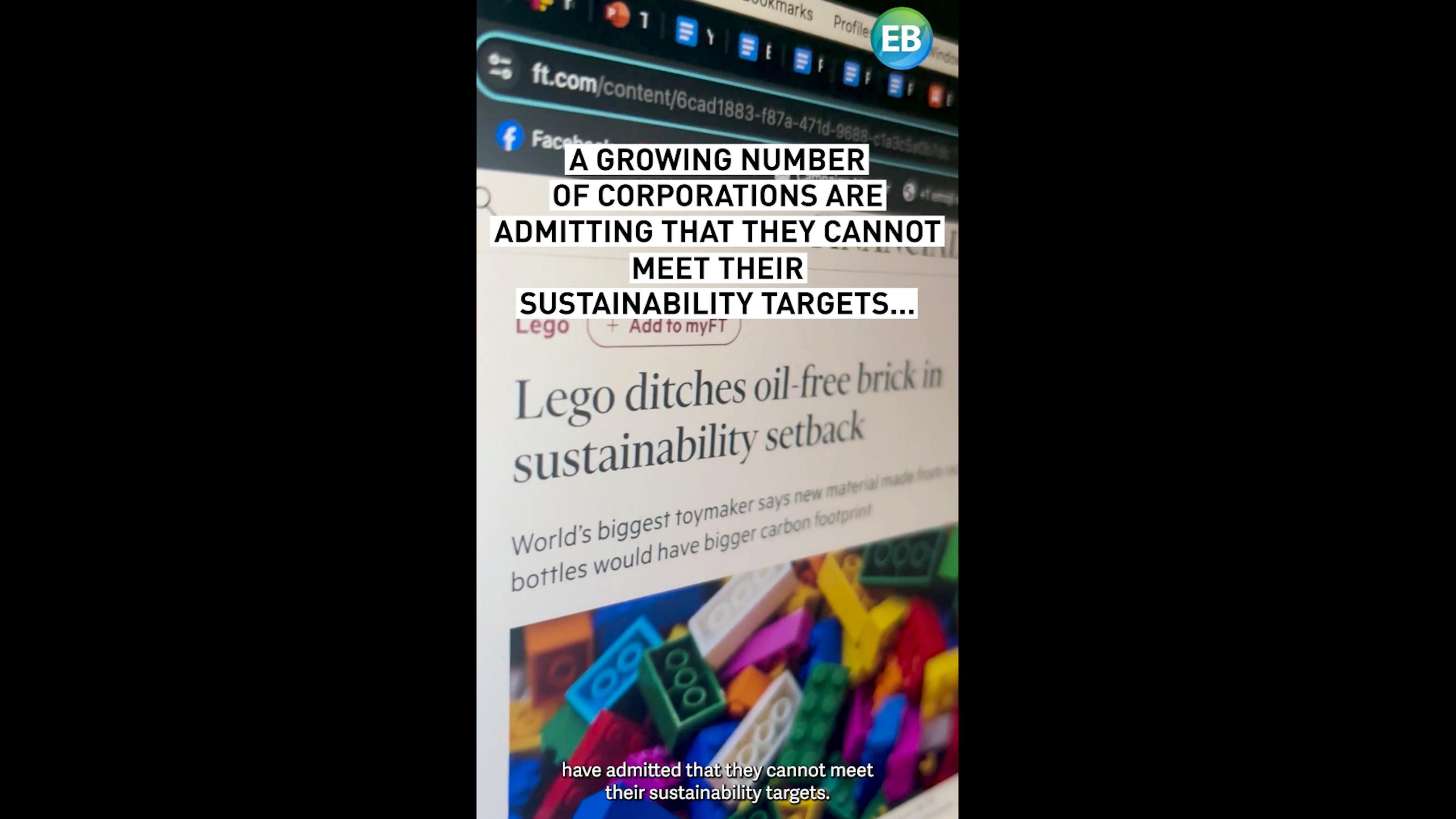Air New Zealand’s admission last July that it could not meet its goal to slash carbon emissions by 29 per cent by the end of the decade was met with mixed reactions.
To continue watching, subscribe to Eco‑Business.
There's something for everyone. We offer a range of subscription plans.
- Access our stories and receive our Insights Weekly newsletter with the free EB Member plan.
- Unlock unlimited access to our content and archive with EB Circle.
- Publish your content with EB Premium.
While some critics lambasted the carrier for scaling back climate action, others, who appreciated the airline’s honesty, expressed sympathy. They praised the company for being upfront about its chances of meeting the target, which the airline said was unrealistic because of high sustainable aviation fuel prices and delivery delays of fuel-efficient aircraft.
Air New Zealand is not the only brand to be frank about the bumps in the road on its sustainability journey, a strategic approach to communications known as corporate vulnerability. Toymaker Lego has admitted that it cannot stop making its famous bricks out of virgin plastic, stating that the alternative – recycled plastic made from drink bottles – is more polluting. Consumer goods firms PepsiCo, Unilever and Colgate-Palmolive have conceded that they will fail to reach their sustainable packaging objectives, while the likes of retailer Walmart and soap maker Unilever have said they are struggling to live up to their decarbonisation ambitions.
“
I don’t think any corporate can tell you how we’re going to get to net zero.
Bernard Tan, Singapore president, Sinar Mas Group
Speaking to executives at the Ecosperity conference earlier this month, Eco-Business asked why companies are missing their targets and what risks they face in admitting that they might not meet them. Chris Coulter, chief executive of insights advisory firm GlobeScan, said that some companies had chosen to greenhush for fear of criticism of rolling back climate ambition – which he suggested puts their brands at greater reputational risk than communicating their failure to hit their targets.
Bernard Tan, Singapore president of Sinar Mas Group, the owner of Asia Pulp & Paper, a paper firm which has been accused of failing to meet its 2013 no-deforestation commitment but had its net zero target validated by the Science Based Targets initiative earlier this year, said if there are obstacles that prevent companies from achieving their sustainability goals, “it is good to be upfront.”
Watch the video, which also features interviews with Rob Kaplan, chief executive of circular economy investment firm Circulate Capital, Adrian Suharto, Asia Pacific director of sustainability consultancy Robertsbridge, and Adam Lyle, executive chairman of innovation firm Padang & Co.














